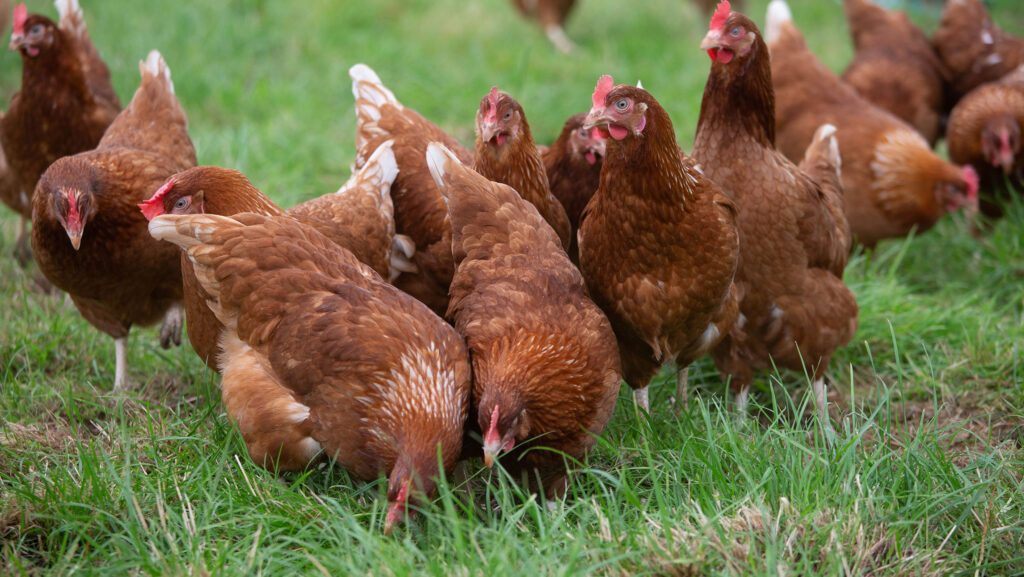New welfare standards for laying hens announced
 © Tim Scrivener
© Tim Scrivener New welfare standards from RSPCA Assured have finally been announced for laying hens after pauses were made to previous plans.
Last year, RSPCA Assured paused the release of new standards to its members after industry objections.
The proposed changes would have required both barn and free-range egg producers to provide windows allowing natural daylight into all sheds by 2030.
See also: Why a poultry and arable unit uses ‘circular feeding’
These plans were estimated to cost the sector £182m, sparking significant concern among producers.
The new laying-hen standards will now come into force on 11 July 2025.
Kelly Grellier, RSPCA Assured’s chief commercial officer, said: “A number of amendments have been made to the natural daylight standard to ensure the implementation process ties in with a member’s planned refurbishment cycle.”
This, RSPCA Assured hopes, will make implementation of the standard more practical and achievable while still progressing hen welfare.
“Progressing welfare is a team effort and we’re so proud to have such an engaged and dedicated membership to work with,” she added.
“Working together to find solutions gives the greatest chance of achieving this standard, ensuring that all hens experience natural daylight.”
Key changes
The new regulations require free-range egg members to provide 3% natural daylight to hens, either at the time of refurbishment cycle or by 1 January 2035 – whichever is sooner.
When carrying out planned internal refurbishments, they must also include the extension of pop holes or windows within the current structural framework of the house to meet the 3% requirement.
In addition, free-range members building a new house or conducting major structural refurbishments to an existing house must provide 3% natural daylight through windows from 1 October 2025.
Housing orders
In the event of avian influenza outbreaks and housing orders being in place, all free-range hens must have access to natural daylight through their pop holes from 1 October 2025.
To achieve this, RSPCA Assured suggests producers put clear material, such as acrylic, over pop holes, rather than closing them when birds need to be housed during the natural daylight period.
If hens are placed before 1 October, members can wait until they depopulate and place the next flock to meet this requirement.
Derogations
If 3% minimum natural daylight cannot be reasonably and realistically achieved through refurbishment in this time, the RSPA and RSPCA Assured will allow members to apply for a five-year derogation – providing they can commit to refurbishing to meet the target by 2040.
Any member granted a derogation will be subject to certain conditions.
Industry reaction
Gary Ford, head of strategy and producer engagement at the British Free Range Egg Producers Association, welcomed the announcement of the new standards.
He said: “We believe the outcome of these discussions aligns with our goals while ensuring the RSPCA remains a key part of the free-range sector – a sector that upholds higher welfare standards, setting us apart from other production systems and imported products.
“In a time of significant uncertainty and growing threats from overseas eggs produced to different standards, this is vital for securing the future and maintaining confidence in our industry.”
